Everywhere we turn, we are told that there is a loneliness epidemic, now far worsened by the mandate to social distance due to COVID. Even before this pandemic, the data overwhelmingly points to the cost of loneliness in huge populations with people of all ages. But, there is a difference between loneliness and solitude!
A groundbreaking 2010 study from Brigham Young University found that weak social connections can shorten a person’s life by 15 years – roughly the same impact as smoking 15 cigarettes a day.
In my own work, once COVID hit, long time clients suddenly began struggling with novel challenges like whether or not they wanted to stay with their long-term partners, how to interact with their adolescent children who were now at home all the time, and for my single clients (of all ages), how to spend so much time in their own company.
This blog is not about touting the benefits of having strong social circles, honest communication with our partners, and parenting to enjoy our children as well as guide them.
Those are all on-going practices that if we have not committed to in “normal” times, certainly are difficult to begin under the seemingly overnight pressure of living in a state of emergency. Most of what folks need support with at this unusual time, falls under the category of dealing with the urgent, and not the important. But more on that another time.
Read Loneliness: Surprising Ways It Impacts Our Health and Wellbeing
Of course, doing the work of shifting our mindset, identifying and removing our blind spots, and practising new communication and leadership skills on an everyday basis (pre and post-pandemic) determines the quality of our life fulfilment at all times, even when we are dealing with extraordinary circumstances.
But if there’s one practice I wish we all had doubled down on before COVID, it would be that of cultivating our capacity for solitude.
Loneliness and solitude
Most of us don’t really understand the difference between loneliness and solitude. Loneliness can best be explained as, “sadness because one has no friends or company.” and solitude as, “the state of being alone.”
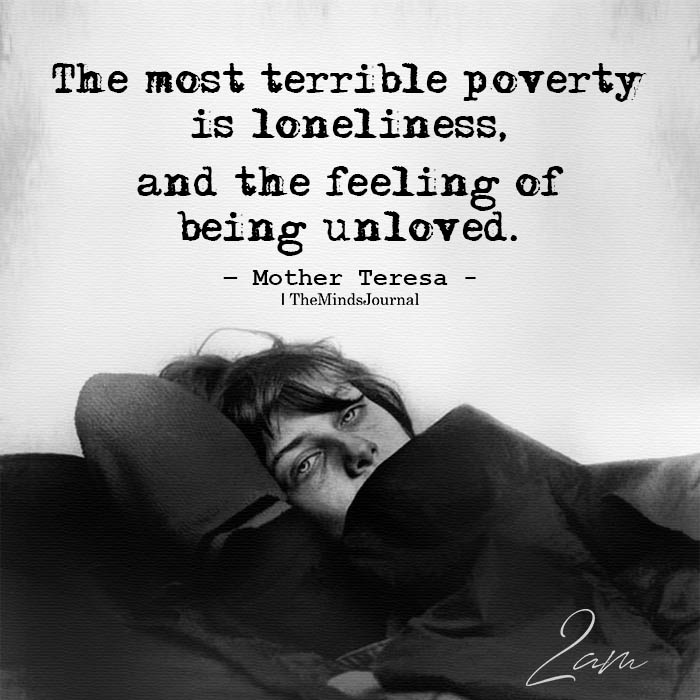
We feel the “effect” of loneliness, but we can be at the “cause” of solitude. Herein lies the subtle, yet powerful difference between these two states. We feel that one happens to us, and the other is something we have control over. But why does this matter?
What I have come to understand through my work with clients of all backgrounds, as we move through this time of global crisis, is that those who were adept at carving out time for solitude before the pandemic were far more comfortable in their own company. So when they were faced with the challenge of spending more time alone or being “stuck” with their partners and children, they were able to tap into their well-developed ability to stay grounded.
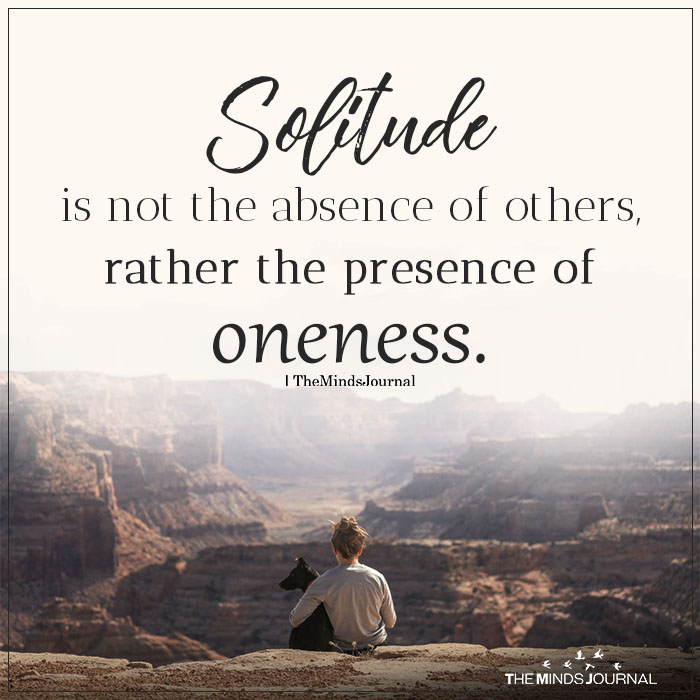
For example, my client Jody whose personal life and marriage was built on the foundation of social interactions outside of the home, and who almost never spent time in solitude or alone with her husband, suddenly found herself unable to deal with her partner of 25 years who was now at home all the time. Without the distractions, she did not have the ability to simply be with herself and her partner for any extended period of time.
Read Is It Solitude or Loneliness?: 4 Questions to Help You Tell
For my client, Andrew, a very successful CEO whose schedule is always beyond full, the fact that he had practiced and cultivated solitude for many years, allowed him to be incredibly grounded, productive, and connected even during the pandemic.
To be clear, I’m not diminishing the value of social interactions. We are social animals by nature. We absolutely need to feel connected and part of a larger community.
And we also need to know how to be alone, on purpose. It is in solitude that we come face to face with who we are and have honest conversations with ourselves about who we want to be. It’s in solitude that all the knowledge and information we gain in the course of our days, reveals itself to us as insights and wisdom. It’s in solitude that we learn how to be with ourselves and others, without expectations and demands.
Read Why Solitude Is Actually Good For You
And as Osho wisely states,
“Only those people who are capable of being alone are capable of love, of sharing, of going into the deepest core of another person—without possessing the other, without becoming dependent on the other, without reducing the other to a thing, and without becoming addicted to the other. They allow the other absolute freedom, because they know that if the other leaves, they will be as happy as they are now. Their happiness cannot be taken by the other, because it is not given by the other.”
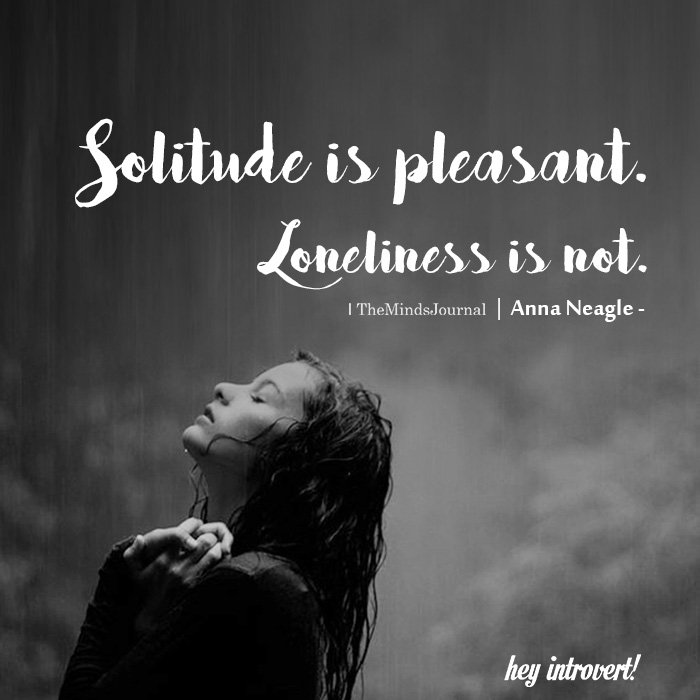
If more of us had practiced this skill before COVID, less of us would be experiencing many of the crises that have overwhelmed and blind sighted us. The partner, the child, the economy, the social distancing and loneliness would still be there, but our ability to navigate it would be exponentially improved.
Cultivating solitude is a practice, not a single act.
If you are interested in learning more about some specific actions you can take to grow your solitude muscle, please reach out to me and I’ll be happy to share those practices with you.
Written by: Carolyn Mahboubi Originally appeared on: Carolynmahboubi.com Republished with permission

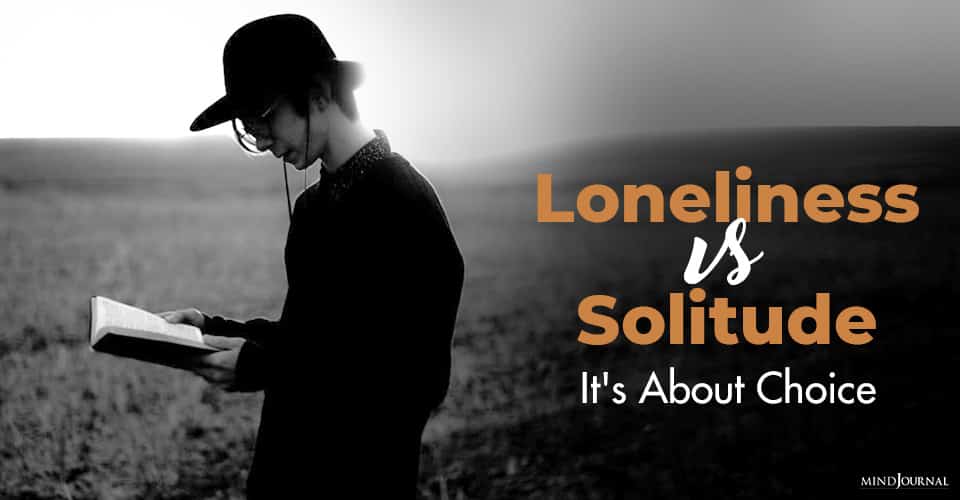
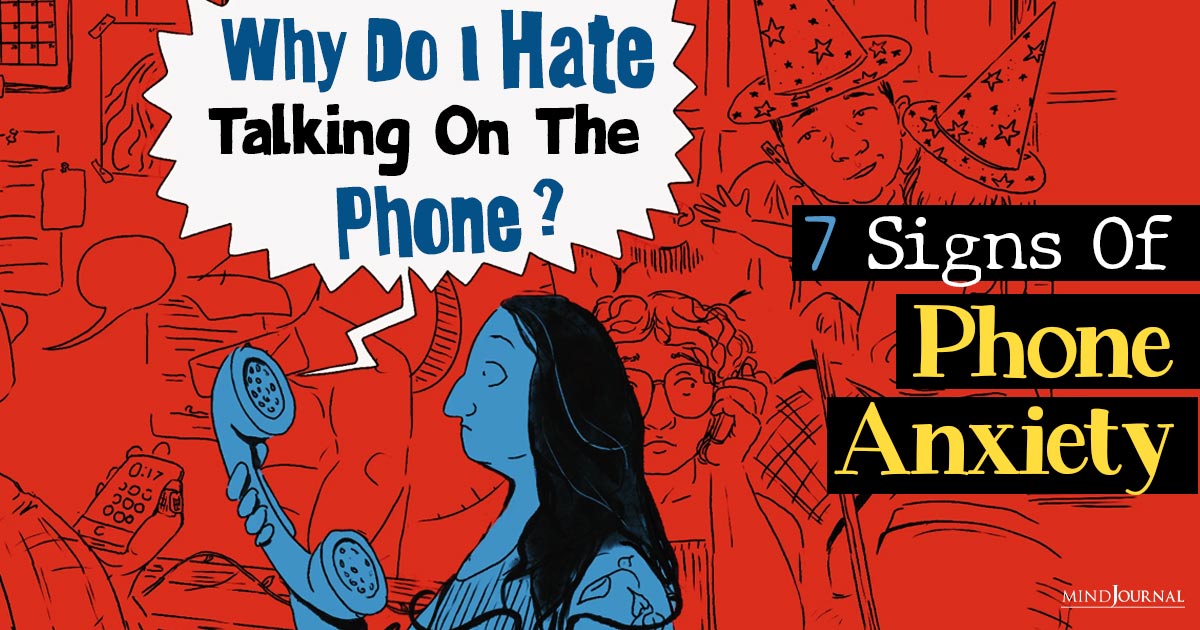
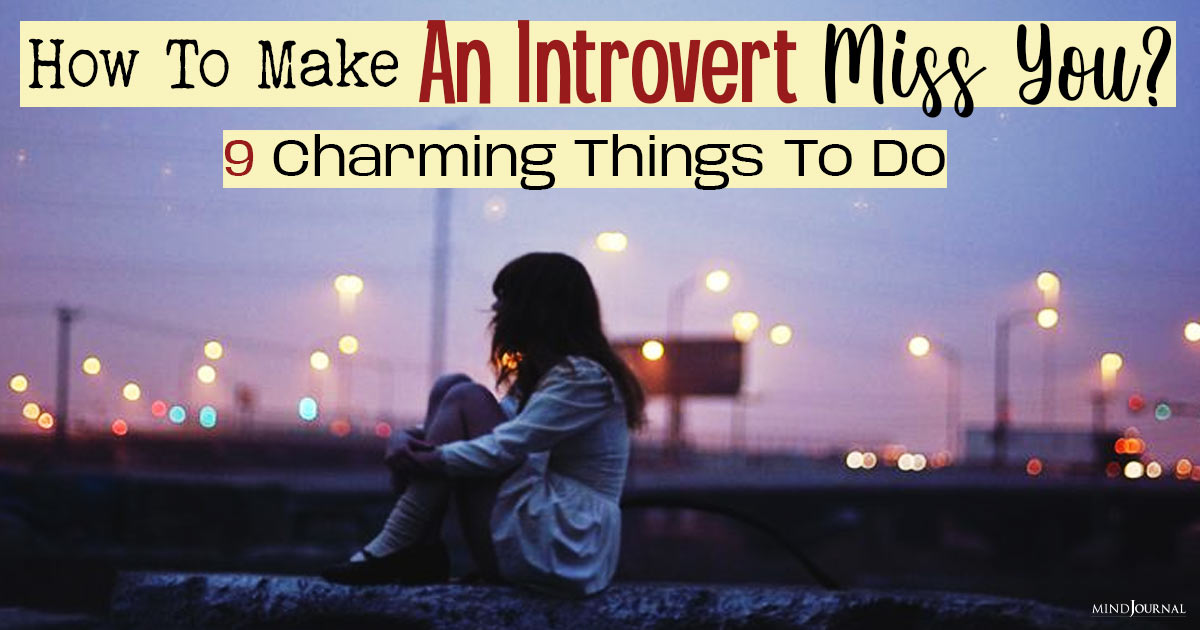
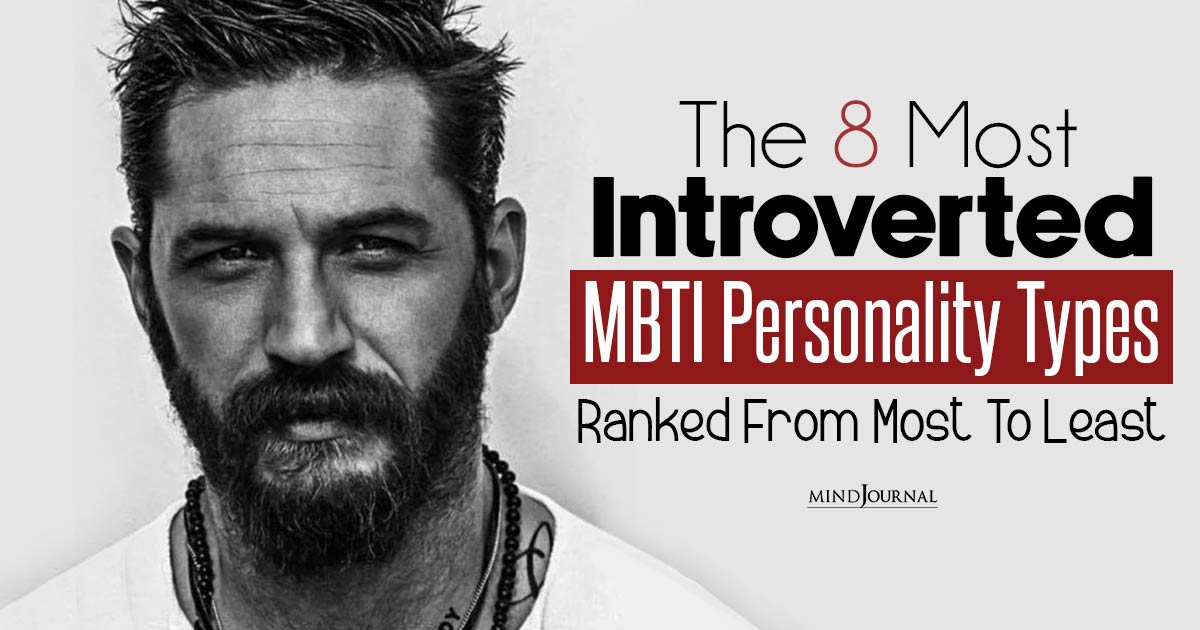
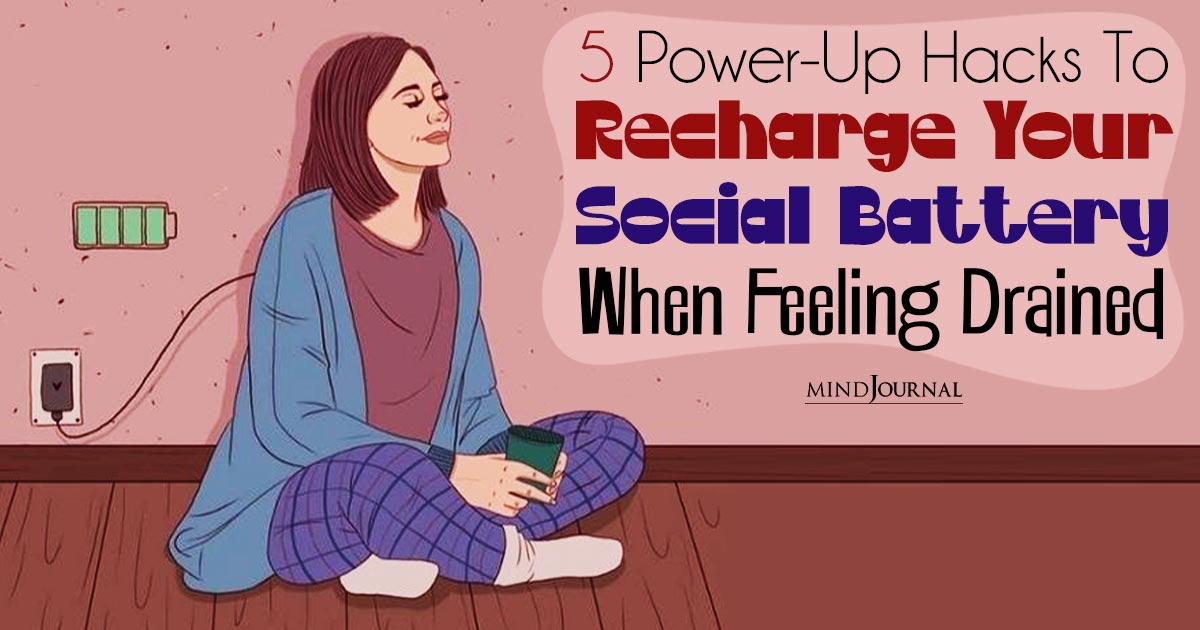
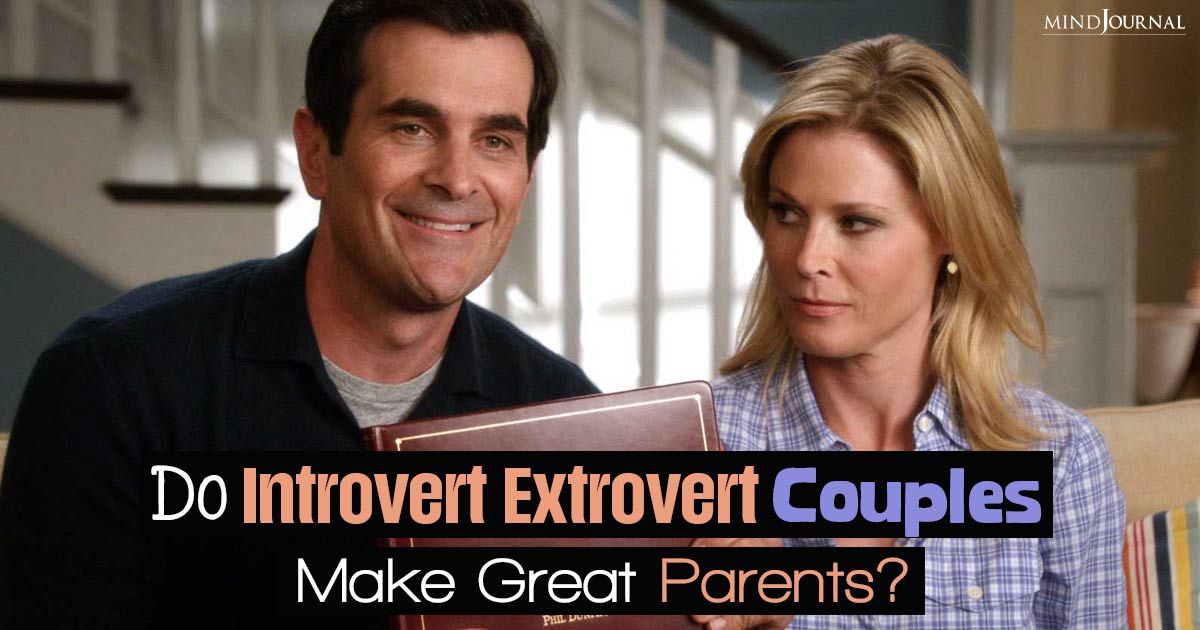


Leave a Reply